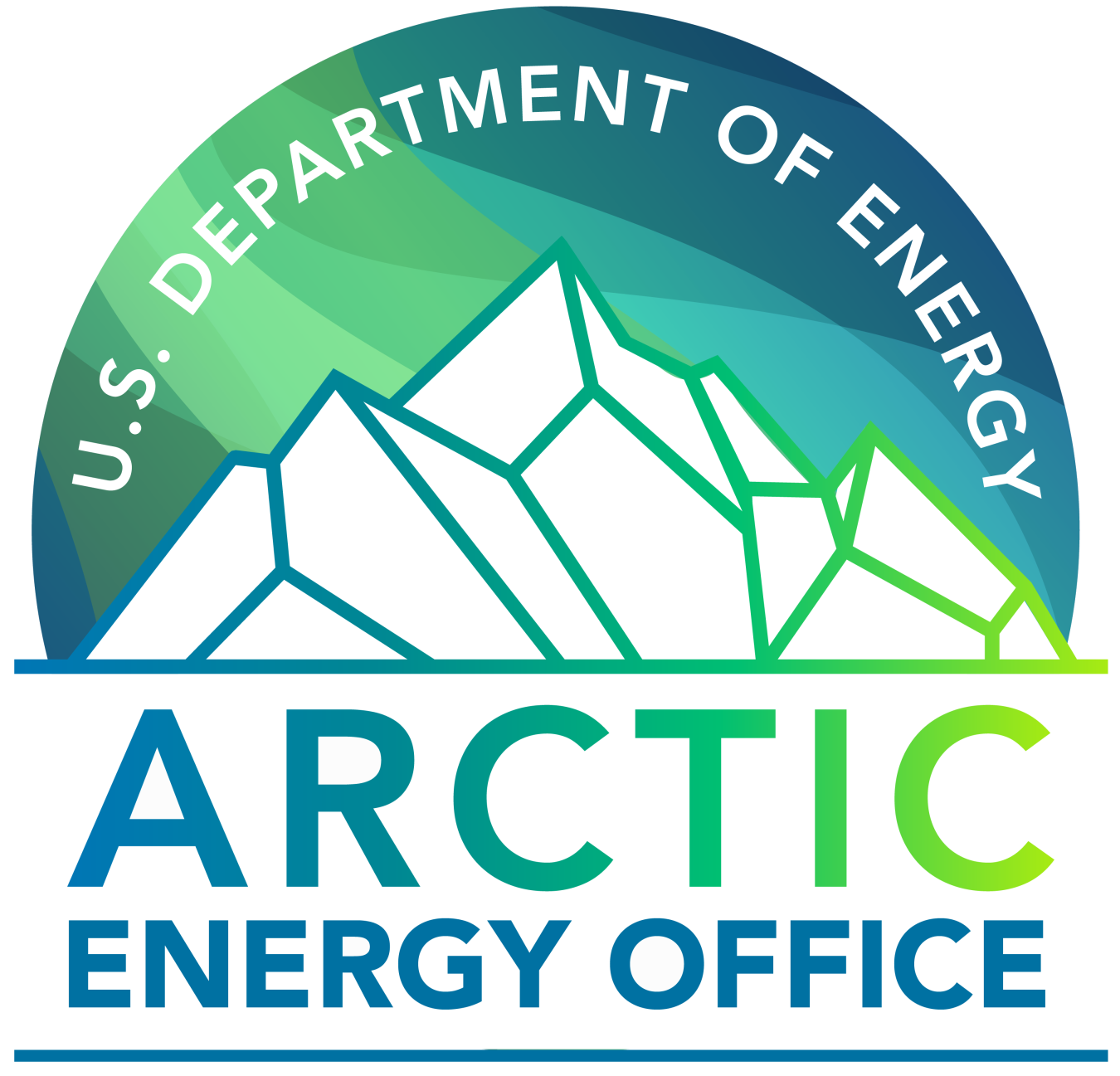The Arctic is both a domain and a region. To better understand how AEO will operate we should consider each word separately.
December 16, 2020
By Mceleney, Michael, Senior Policy Advisor
I am honored and excited to be part of the stand-up team for the Arctic Energy Office (AEO). It is a rare opportunity to work together to establish a new office that brings together domestic and international perspectives. My background at the Department of Energy is in the Office of International Affairs, working principally on polar issues. The history, the geography, culture, food, and opportunity of the Arctic has become a passion. Standing up the AEO lets me be part of something that brings together some of the best people in the Department of Energy with leaders and scientist from around the Arctic.
The Arctic is somewhat unusual in being both a domain and a region. Domains and regions, while often used interchangeably, are very different concepts with different modes of thought. To better understand how AEO will operate we should consider each word separately.
A domain is an area that requires specialized materiel, training, communications and historical understanding to access effectively. This is as true of the Arctic, or Cryosphere if we include the Antarctic and high-altitude glaciers, as in other domains that require their own specialization (space, undersea, internet, etc.). The concept of domains invites specialization, empirical data, and ultimately, efficiency (i.e., what approach requires the least amount of effort for the same outcome, or the greatest outcome for the same effort). Domain-based solutions can not automatically be subsumed into another domain, but may sometimes be leveraged and tailored outside the domain. Domain-specific challenges for the Arctic in energy focus on access challenges and sustainment in an often harsh environment.
As a region, the first and principal level of analysis is of the Arctic as a home for more than 4 million people, including tens of thousands of Alaskans. (Ironically the word domain derives from the Latin domus -home- which is more properly a regional perspective). As a region it encompasses the real histories of the people who live there and their interaction with visitors, explorers, traders, and sadly, sometimes invaders. Bonds, with the land, the fauna, social connections, traditions and lifestyle predominate. Even in the world of energy the emphasis moves to how energy was acquired and spent before, what was done or promised and left undone, the networks of distribution and consumption, how legacy infrastructure and challenges can be improved or sustained.
At AEO we plan to act on both the domain and region level of understanding. For the Arctic domain, we are partnered with our host, the University of Alaska Fairbanks, and the DOE national laboratories of the Arctic Lab Partnerships to develop the specialized knowledge to be able to operate effectively. This includes the indigenous knowledge that has too often been neglected. We will work to ensure that all of the capabilities of AEO are available for science and technology that could solve longstanding challenges.
For the Arctic region, we are fostering bi-lateral and multi-lateral efforts with partners across the circum-polar region to encourage cooperation and build energy resilience and security, through supporting efforts such as the Arctic Remote Energy Networks Academy (ARENA) and new initiatives. We will work with partners to help make communities environmentally and economically sustainable. Integrating diverse (perhaps even disparate?) threads across the Department of Energy into a network that is available for Arctic programs to address the ultimate access problem- how to access the greatest science and technology in the world for the people who call the Arctic- in all of its languages- “Home”.
Michael McEleney

Michael McEleney is the Senior Advisor for the Arctic Energy Office, specializing in Congressional, International Affairs, and Defense issues.
McEleney joined the Arctic Energy Office from the Office of International Affairs, where he previously served as the Senior Policy Advisor with responsibility for Arctic issues. He coordinated the first senior DOE visits to Iceland and Greenland and assisted in the planning and creation of the Office.
Prior to his service in the Department of Energy he served as a Policy and Strategy Analyst for the Under Secretary of the Navy with responsibility for Arctic and Nuclear issues. He also served as the Director of Congressional Affairs for the Department of the Navy Program Executive Office for Aircraft Carriers and as a professional staff member in the U.S. House of Representatives. Mr. McEleney holds a M.A. in Security Studies from Georgetown University and a B.A. from Johns Hopkins University.


